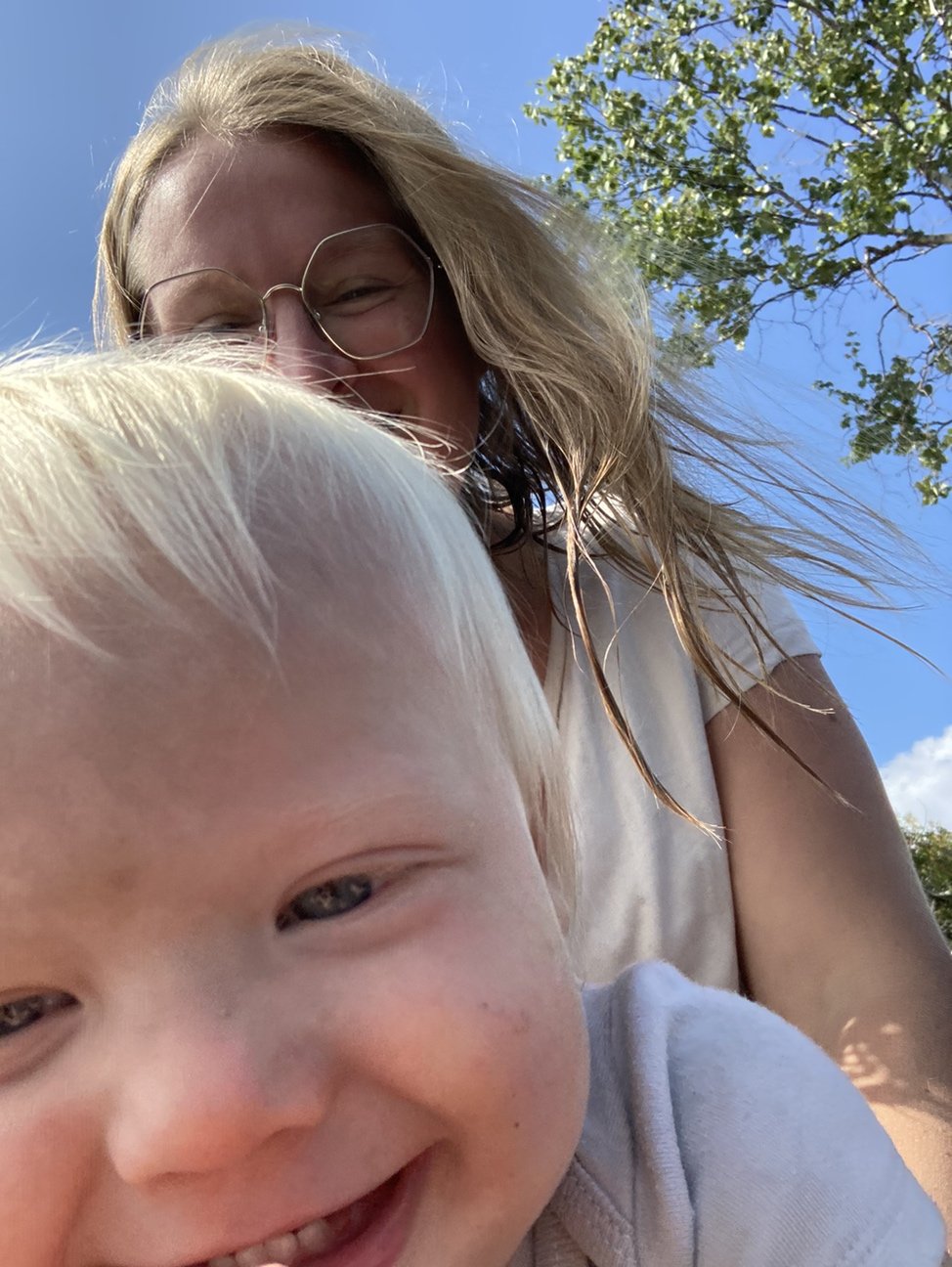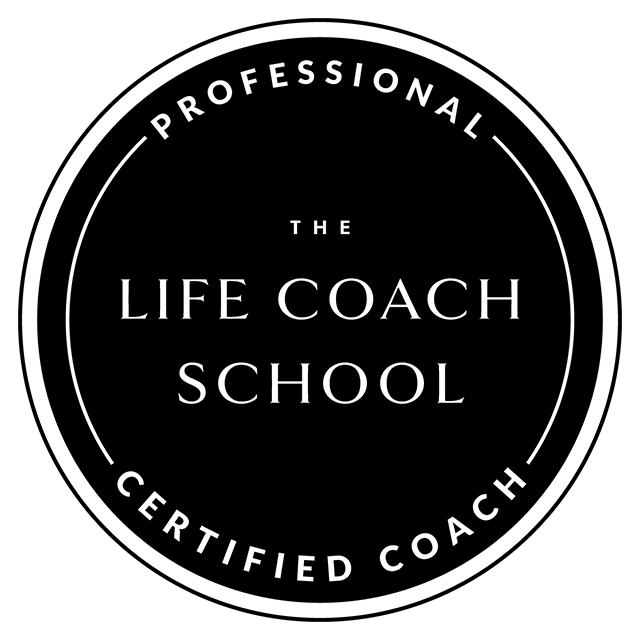Perfectionistic Fantasies
/Let’s approach our next question in this series, which is:
Q: How can we guide our children to avoid the damage of a perfectionistic fantasy?
This is such an excellent question – but I think before we dive into answering it, we first have to discuss what a perfectionistic fantasy even is.
You know how you don’t like to do a yoga video when your kids are awake because they’re just going to interrupt you five minutes in and you won’t be able to finish it?
Or you hate reminding your husband to take out the trash, or to help with bedtime, because you think he should just know what to do and where to pitch in?
These are perfect examples of perfectionistic fantasies – you have an idea for how life should be, what someone else should do, and if it doesn’t go that way then you get mad, resentful, or just altogether give up.
We all have our own ways of where and how we expect perfection, the important thing is simply to be aware of your own. I used to never think of myself as a perfectionist because my house was a complete disaster. I thought that a perfectionist was someone who could never have a hair out of place, and kids were dressed perfectly – which, for sure some are like that. But I was a perfectionist in my own way – I expected myself to be able to handle all the things and never have a hard day. I expected myself to run a business and have a million kids and not even break a sweat. Perfectionistic fantasies are when we have an unrealistic expectation for ourselves and those around us, and there isn’t room for human error in the mix.
Because think about those two scenarios listed above. They could be where you’re currently at, but there is so much that you can do to work with them to get what you want. Let’s take the yoga example for starters – you can accept that kids interrupt, and that’s just part of it, and not be bothered by it. You can get creative with being a bridge while you’re in down dog, or just moving around their little bodies. You could invite them to set up their own mat and join you. You could keep a firm boundary that this is your time, and remove them from your mat no matter how many times that takes. But if you’re expecting them to just not interrupt you and then get frustrated and give up when they do, you don’t get your yoga time, and it’s more proof that life is harder to enjoy with kids. Which isn’t a very fun way to live, especially when you have many littles.
Or if we take the husband example, you can explain why it’s so important to you that he helps out. You could also recognize all the ways that he does help, just not in this certain way. You could have a discussion with him about where he wants to pitch in, what you would like, and finding common ground to work together. But again, none of those are going to happen if you simply get mad and ignore him for the rest of the evening. It’s pretty challenging to work with someone who’s giving you the cold shoulder, right?
So how do we help our children avoid perfectionistic fantasies, now that we know what they are? I think one of the best ways is just being real with our kids ourselves. Letting them see our imperfections and asking for forgiveness when we fail. Letting them know that not only is life not perfect (and never will be), but teaching them what to do with the mistakes, misunderstandings, and miscommunications.
These areas where we don’t excel or something doesn’t go smoothly are the best places for learning and growing – not a source of shame, guilt, or failure. When we attach that meaning to it, it perpetuates this idea that we should’ve gotten it right the first time, we should already know how to do it, or that there isn’t room for being a beginner. And there is absolutely nothing in life that comes without learning and growing. Sure, we all have our own strengths and areas that come more naturally to us, but we all have our weaknesses and areas that we can grow in. This isn’t a problem – it’s how life is meant to be. What it takes to admit our faults and not go into shame is being humble. Accepting that we aren’t super human and never will be – and then using these times to connect with and have compassion and understanding for those around us.
This isn’t an easy and quick fix, believe me. This is something that takes awareness and a commitment to continue, but the effect that it has in our life, our children’s, our friends, everyone around us.. is amazing to see. It gives everyone a little breath of fresh air, some permission to just be and not have everything all figured out. I don’t know about you, but that’s the kind of life I want to be a part of.
Thanks for joining me again this week, and I’ll be back in a week with our next topic: All about building a life that you love through the many different and varying stages.


